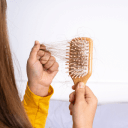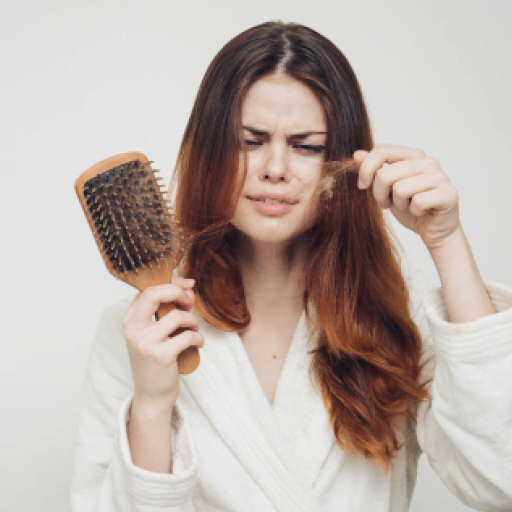Hair Loss in Women
Conveniently located to serve Northern Virginia, Maryland and Washington D.C. metro areas
Female pattern baldness, referred to as androgenetic alopecia, is a type of hair loss affecting women. Women lose hair in a different pattern than men, and more than 50% of women will face visible hair loss as they age.
Humans generally lose between 50 to 100 strands of hair each day. If you’re losing a substantial amount of hair, you could be experiencing a health condition that contributes to hair loss. While a cause for hair loss can involve everything from the type of hair styling to a genetic predisposition to hair loss, an underlying health condition could also be an influencing factor. Your doctor can conduct a simple blood test to find out more.
Many factors can contribute to hair thinning, and these factors could indicate a clear path for treatment. Finding a solution that addresses your hair loss situation begins with a consultation with our hair transplant Virginia specialist.

